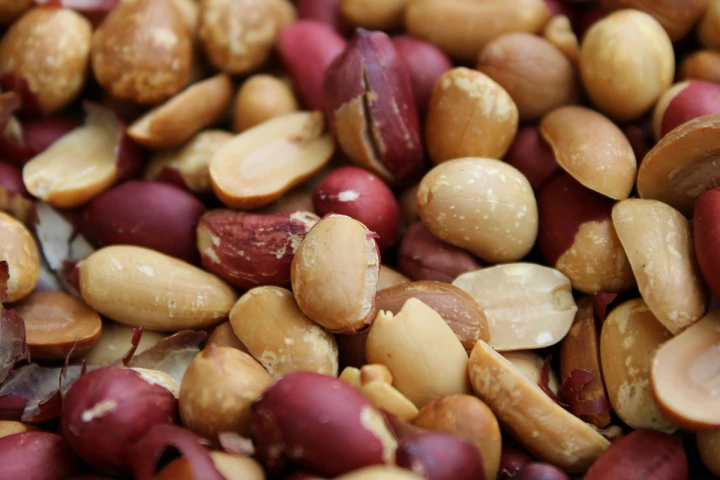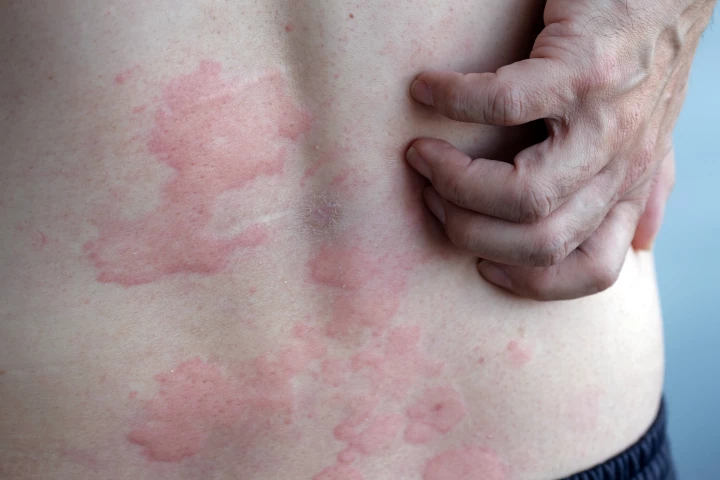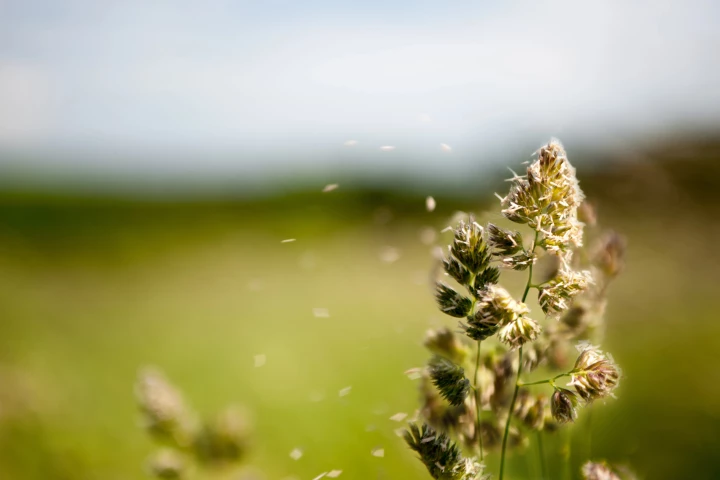Allergies
-
Allergen Alert, from French food safety diagnostics company bioMerieux, is a “pocket-sized laboratory” instrument capable of identifying food allergens. It was recently unveiled at the 2026 Consumer Electronics Show in Las Vegas.
-
Cockroach infestations can worsen allergies and asthma in children, especially in low-income urban homes. Now researchers are better understanding why after discovering bacteria in their guts can release harmful substances called endotoxins into the air.
-
For years, millions of people have sworn that gluten makes them ill – even if they've returned negative results when tested for coeliac disease. Now, researchers have found that it's far more complicated, and gluten itself may not be the culprit.
-
People with severe chronic pain were far more likely to have elevated levels of eosinophils, a type of white blood cell, a new study found, hinting at an immune link to pain – but the rise in these cells didn’t make treatments any less effective.
-
Scientists have shown that far-UVC lights, which are already commercially available, can rapidly break down common airborne allergens, offering a safe and fast new way to ease asthma and allergy triggers indoors.
-
A common asthma medication could be the key to preventing life-threatening reactions to food allergies. Researchers at Northwestern University identified a previously unknown biological trigger for anaphylaxis – and a surprising way to target it.
-
A massive global study has ranked the best and safest treatments for chronic hives when antihistamines fall short. The findings provide a clear treatment roadmap for both patients and clinicians alike.
-
New research found that drinking camel milk can reduce the severity of asthma caused by house dust mites, a major trigger. While the research is still in the early stages, it opens the door to using camel milk in combination with existing therapies.
-
Children exposed to the common antimicrobial triclosan were more likely to develop allergic symptoms, a new study has found. It raises fresh concerns over the health impacts of a chemical widely used in everyday products.
-
Scientists have developed a nasal 'molecular shield' that disarms pollen, blocking allergic reactions fast without the use of drugs. This non-invasive method to effectively silence hay fever could be a game changer for around 81 million Americans.
-
Children with high-threshold peanut allergies showed incredible improvements after undergoing an 18-month program using store-bought peanut butter to desensitize them. The approach could help nearly a million kids with this type of allergy.
-
The itch from bug bites, rashes, and other skin conditions can sometimes be so overpowering that it feels impossible to avoid scratching them. But new research explains why you might want to hold off as long as you can.
Load More











